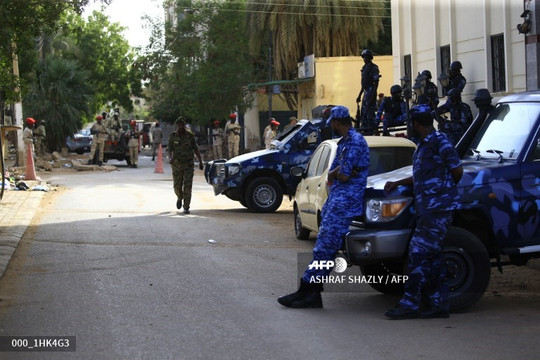On Tuesday, January 7, the Sudanese Anti-Corruption Committee announced the seizure of all accounts and assets of daily newspapers al-Sudani, Al-Rai al-Aam, and satellite TV channels, Al-Shrooq and Tayba. According to news reports, this was done in order to scrutinise accounts and identify the owners.
The Sudanese government is following up on its announcement made on December 14, 2019, to dissolve all trade unions in the country. This includes the Sudanese Journalists Union, an affiliate of the Federation of African Journalists and the IFJ. This move was strongly condemned by the FAJ and the IFJ in a statement on December 16, 2019.
The government of Sudan plans to install its own new leadership of all unions and hand over the offices to their appointed leaders. The SUJ has not yet handed over any information about its assets or accounts. This may result in a travel ban and “legal proceedings” against the union.
The Sudanese Journalists Union has declared that “the move reflects a new phase of violation against freedom of press and expression; muzzling voices, confiscation of all rights of freedom of expression, and violation of all international conventions on freedom of the press.”
IFJ General Secretary, Anthony Bellanger, said: “We are deeply concerned with the Sudanese government meddling in independent media outlets and the dissolution of trade unions. This is a grave assault on press freedom and the fundamental right of freedom of association. It is against the most fundamental human rights for the government to pick and choose its own union leaders.”

